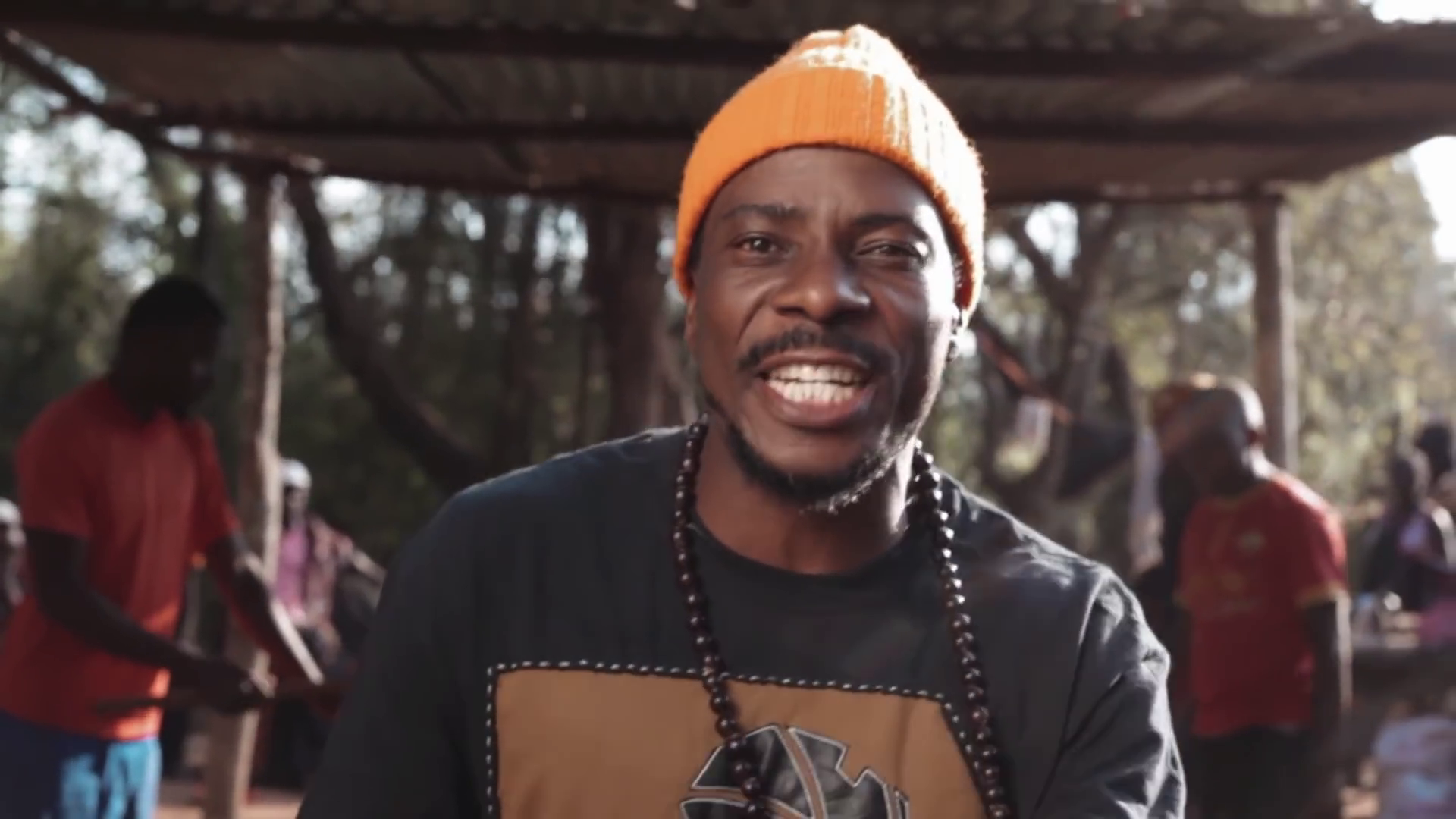CONTROVERSIAL rapper Alicious ‘Maskiri’ Musimbe, pictured, says he has never doubted his ability to stay relevant on the music scene.
After lying low for some time, the enfant terrible of Zimbabwean hip -hop has bounced back with a bang thanks to his trending hits ‘Mbinga from Binga’ and ‘Muvakidzani.’
“The response has been encouraging. To be honest, though, I have not been surprised at all by this positive response as I knew it was going to come up like that. I do not doubt my capabilities in the music industry. I was born for this,” a buoyant Maskiri told the Daily News on Sunday.
The 41-year-old rapper added that fans should expect bigger hits from him this year.
“Over the last few years, I was busy meditating and writing songs while I was in hibernation. I have a number of hits in my musical bag and fans should expect real fireworks,” the Chitungwiza bred artiste said.
Maskiri, who describes himself as the odd one out in his family, lists the late Fortune Mparutsa as one of the artistes who inspired him to take music seriously.
“I was not born in a musical family. Actually, I am the first in my family to venture into commercial music production. Growing up, I used to listen to Mparutsa and I was so glad I got to work with him before he passed on,” he said.
Since he burst onto the music scene as part of the urban grooves movement around 2000, controversy has always trailed him.
In true Maskiri fashion, the music star has once again rubbed people the wrong way, this time over lyrics in his trending hit ‘Mbinga from Binga’ relating to seven-year old Tapiwa Makore Jnr who was allegedly murdered for ritual purposes last year. Tapiwa Jnr’s 57-year-old uncle Tapiwa Makore Sr. and Tafadzwa Shamba, 40, a herdsman, were charged with the murder.
In the song, Maskiri sang, “Handina musoro kunge Tapiwa Makore…,” a line that has torched a storm in some quarters.
Maskiri, however, claims that the uproar has come about because people have misunderstood what he really meant.
“People were just attacking me before listening carefully to what I was saying. The story of Tapiwa Makore Jnr is a very sad story and it also moved me in a big way.
“In the song, I was referring to his namesake — Tapiwa Makore Sr. — who allegedly murdered the boy as he showed that has no brain by committing such a crime (haana musoro),” he said in defence.
Interestingly, Maskiri has bounced back into the limelight at a time some of his urban grooves colleagues are also enjoying a purple patch. One such artiste is Roki who has dropped three singles in less than a month.
Last week Roki dropped a duet with Stunner titled Kudakwashe which was produced by DJ Tamuka, barely 24 hours after he had released a single titled Uchandifunga. Early last week, the urban grooves star unleashed another banger called Zviriko.
For Maskiri, the resurgence of Roki is yet another illustration of the enduring quality of urban grooves artistes.
“Real artistes are tested by time and they always flourish despite changing circumstances. We, the urban groovers, have shown that we are not just mere musicians but real artistes. That is why we remain relevant several decades on,” he said.
The rap star rose to stardom during the urban grooves era but his controversial music was often banned due to its explicit lyrical content.
He became famous after releasing his debut album ‘Muviri Wese,’ which carried the hit songs ‘Tambudzai’ and ‘Zverudo Zvaramba,’ which he featured Roki.


